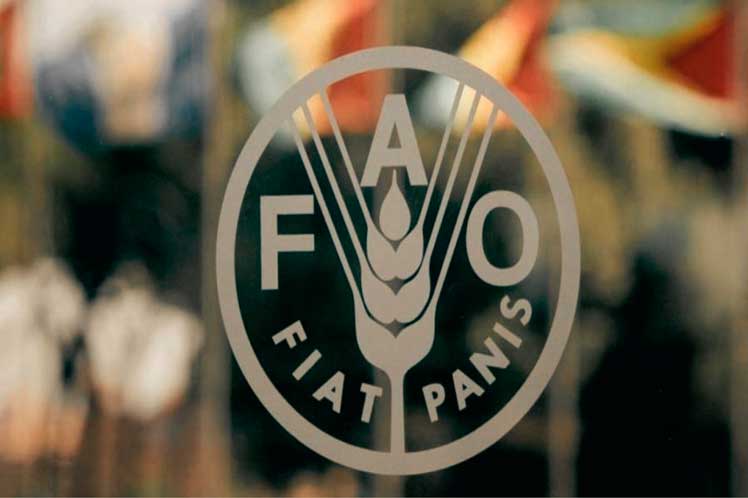This is especially true for some fifty countries that depend on Russia and Ukraine for 30% or more of their wheat supply,” a statement from FAO Director-General Qu Dongyu read.
Plus, more than half of fertilizer supply in many European and Asian nations depends on Moscow.
Mr. Dongyu recalled that food prices started off by ramping up from the second half of 2020, reaching an all-time rise past February due to high demand, input and transport costs, as well as port service disruptions.
According to FAO, Russia is the world’s largest wheat exporter and Ukraine rates fifth, but both nations together provide 19% of the world’s barley supply, 14% of wheat and 4% of maize, accounting for over a third of global grain trade.
Russia and Ukraine are also major rapeseed suppliers, accounting for 52% of the global sunflower oil export market.
To the European Union, the Ukraine-Russia conflict does not mean an immediate risk for food supply on European markets, but a rise in prices derived from the increased production costs due to high energy prices.
The European bloc expects an impact on global food security, considering these are the large export markets for cereals and that the availability of food goes hand-in-hand with food resilience and sustainability.
ef/pll/jha/crc









